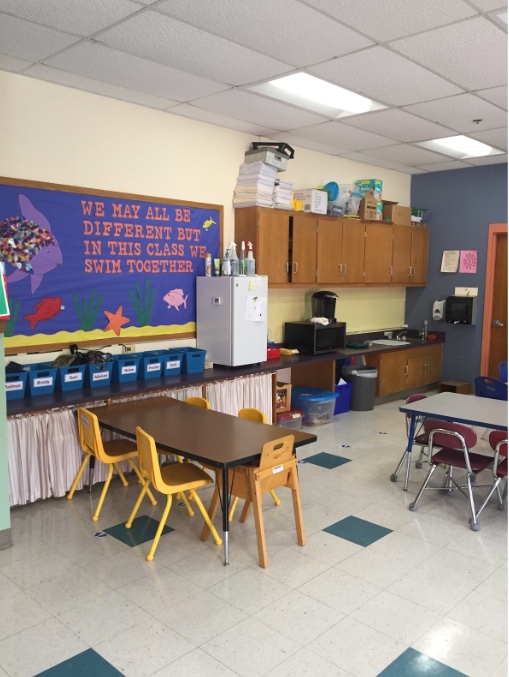- Middle School & Elementary Schools
- Newbury Elementary School
- Pine Grove School
- Salisbury Elementary School
- Student Life
Triton’s Special Ed Programs
February 9, 2018
Triton’s Mr. David Magee, head of the districts special education, spoke in front of the school committee last month about the nearly $800,000 increase in 2018-2019 school year budget for the special ed programs.
Over the years, the number of children born with a disability at Triton have increased from 400 students in 2014, to 445 this year (2018). Each child is different and has their own needs. As a school system, their job is to provide for the children’s needs as much as possible. But, because of school budgets, some schools can’t have every program, which causes students to have to transfer schools.
In 1975, Congress enacted The Education for All Handicapped Children Act. This was created to insure that all children, no matter what type of disability they may have, would have a right to education, and to establish a process by which state and local educational agencies may be held accountable for providing educational services for all children with special needs.
Each year a new budget is proposed to the school committee for what needs to be done for the district’s special ed programs. The budget includes everything from transportation for the students, to supplies they may need in classrooms, to teachers salaries; and every year the cost goes up with the increase of students.
“The budget depends on what disability a child has, and depending on what the disability is, could drive the cost of educating that student,” said Mr. Magee. “There are some kids that might just need reading instruction by a special ed teacher, or they need math instruction, but there might be a student that might need intensive one-on-one therapy with a special ed teacher, so directly we’re seeing a major increase in costs in special education,” Magee said.
At one of the district’s three elementary schools, Newbury Elementary has two specialized programs for children with autism, one for grades Pre-K through second grade, and the other for grades third-sixth. These programs are for children who have severe autism and need someone by their side assisting them with their daily routine for the school day.
“Each of the kids have a one-on-one assistant that is with them all day long in class. We also try to keep them in their gen-ed classrooms. But sometimes, we have to take them back to the ASD room where they need breaks. Each child is different. Each IEP is different. We have different stages of autism and different spectrums like aspergers and ODD,” said LeAnne Plummer, an instructional assistant at Newbury Elementary. “I do think we have the best ABA (Applied Behavior Analysis) program,” Plummer said.
Cecile Groder, who has worked in special education at Newbury Elementary for nearly 10 years says, “The program has changed over the years, it now offers a full-day program for preschoolers, and the assistive technology has improved as research and practice has advanced.” It is important for schools to keep up with the new technology and increase in students to make sure they can give every resource possibly to a student who needs it. Having technology and other programs like speech therapy or occupational therapy helps keep students in the district, which saves the district money when not having to transfer a student to an outside school.
At Triton High School, there are other programs that specialize in assisting students who need extra help in class. Mrs. Jane Markey is one of those specialists, and she was able to describe what her average school day is: “I come from my support room, and go to classrooms with the certain kids I’m in charge of. I make sure they get their notes done, or if they need help with the lessons, and I make sure they have their assignments turned in,” says Markey.
If one of Markey’s students has an IEP (Individualized Education Program), she is responsible for taking them to an alternate setting or the support room if the student is taking a test or quiz. An IEP is “a document that is developed for each public school child who needs special education,” (Wikipedia). She assists students with their tests based off of their individual modifications.
Ms. Markey has worked at multiple schools within the district so she has been able to work with the younger kids and older kids. She has spent four years at Salisbury Elementary, then two years at Pine Grove School, and eventually was transferred to the high school. “I loved working with the little kids, it was fun. When I was told I was going to be moved up to the high school, I said ‘Oh, this is going to be different.’ But when I got there, I really liked it. I think I was due for a change,” said Markey.
“I’ve been working at the high school for seven years now, and I think this is where I want to stay. I enjoy working with the kids. What’s great is, some of the kids that I’ve worked with in the elementary school, I get to work with again in high school,” said Markey. Ms. Markey is a special education specialist that is here to stay.


